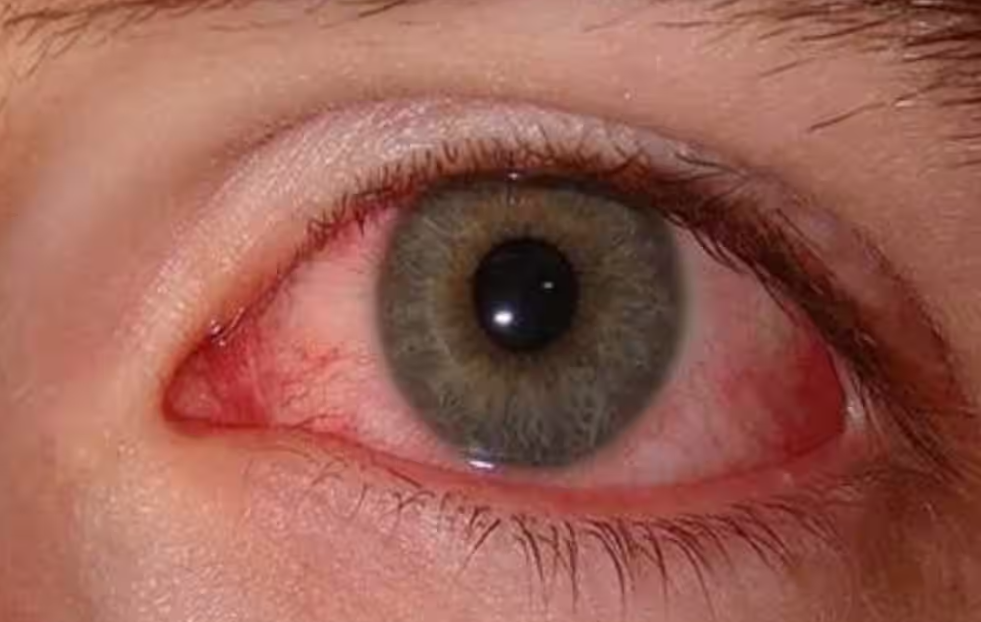Delhi has experienced a notable surge in conjunctivitis cases in the aftermath of heavy rainfall and floods that affected the national capital in recent days. The areas situated along the banks of the Yamuna River are reporting higher numbers of cases as floodwaters recede.
Conjunctivitis, commonly known as eye flu or pink eye, is an infection that affects the eye’s transparent membrane called Conjunctiva. It is primarily caused by viruses and can spread from person to person. The infection can also be triggered by allergens, irritants like smoke, dust, pollen, or chemicals, and inadequate contact lens hygiene.
The symptoms of conjunctivitis may vary from person to person but often include redness, swelling, itching, and increased tear production in the eyes.
For treatment, a combination of medicines is often recommended, including artificial tears or lubricating eye drops to maintain moisture. Warm or cold compresses can also help reduce inflammation and swelling.
Preventing conjunctivitis is crucial to avoid the inconvenience caused by the infection. Practicing good hygiene, such as washing hands frequently and refraining from touching the eyes with unwashed hands, is essential. Sharing personal belongings like towels, contact lenses, or glasses should be avoided, and living areas must be kept clean.
For those residing close to the Yamuna River banks, personal hygiene is of paramount importance, as the virus can easily spread through the air in the vicinity. Wearing clear and clean glasses and avoiding touching the eyes with unclean hands can help prevent eye flu.
If any signs or symptoms of conjunctivitis are noticed, seeking prompt medical attention is advisable.



